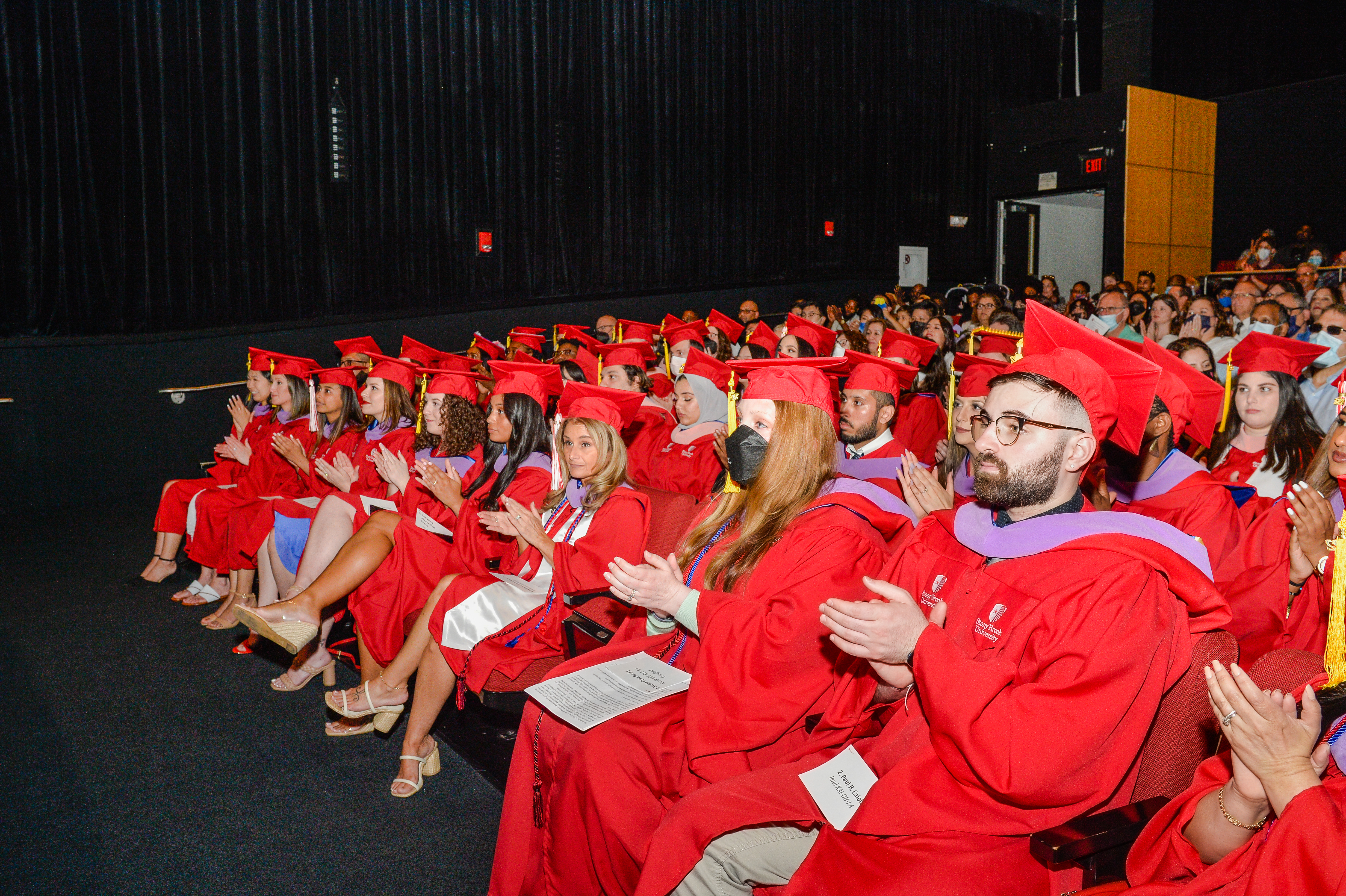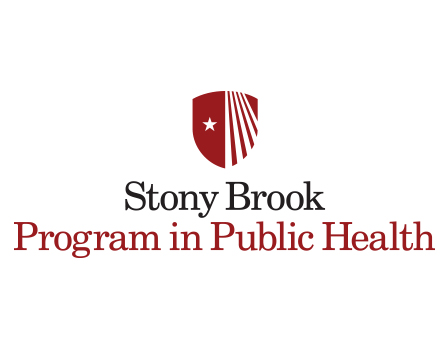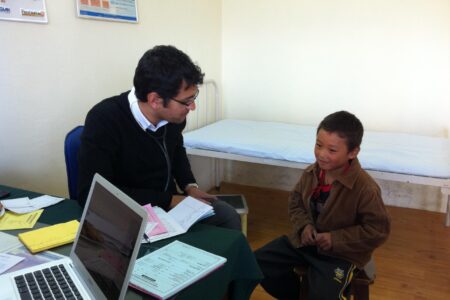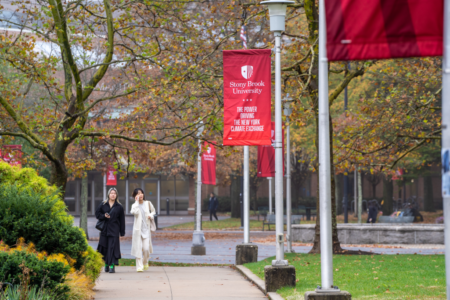Halim Kaygisiz from New York has always been interested in healthcare leadership. But working a nine-to-five job made it difficult for him to pursue his passion — that is, until he came across Stony Brook University‘s hybrid (now online) Master of Health Administration (MHA) programme.
“The allure of this programme being hybrid was huge for me,” he says. “Although this programme eventually became fully online later, the fact that in-person classes were available after work hours also helped my decision and choice to enrol in the MHA programme offered by Stony Brook.”
Today, he is a business manager at the university’s Heart Institute.
Connor Leszczuk was similarly hesitant to get a master’s degree as he couldn’t see how he could fit a full-time career and life around it. He was a musician for most of his life before entering healthcare as a Medical Simulation Technician at Stony Brook University Hospital. Though he sought ways to gain more knowledge and skills to advance his career, he didn’t have any viable option until he discovered the MHA programme.
“I started the MHA programme in 2019 full time, while working full time, and loved every minute of it,” he says.
Leszczuk seized many opportunities that came with the programme. He shadowed physicians, interviewed CEOs, and participated in competitions for MHA students. “Stony Brook is positioned well for those who want to take advantage of more than just the education it provides,” he says. “The hospital is top-notch, and many opportunities lie for those who want to see how a great organisation is run and help them decide on a career path.”
These are just two of the many success stories to emerge from the MHA Programme Outcomes. MHA graduates have gone on to various careers across the health services sector, landing notable positions such as Director of Ambulatory Operations, Integration Services Manager, Physician Practice Office Manager, Quality Operations Specialist, and many more.
And they’re set to continue this streak of success in the next decade. Between 2020 to 2030, the employment of medical and health services managers is projected to grow 32%, much faster than the average for all occupations. Graduates will enter a job market with 139,600 additional jobs with a median salary of US$104,280, according to US Bureau of Labour Statistics data.
The MHA programme is accredited by the Commission on Accreditation of Healthcare Management Education (CAHME) and ranked 60th in Health Care Management Programmes by the US News & World Report. It’s also part of the American College of Healthcare Executives (ACHE) Higher Education Network (HEN) and the Association of University Programmes in Health Administration (AUPHA).
It’s the ideal programme for early and mid-career health professionals like Kaygisiz and Leszczuk seeking management roles throughout the health services sector that support the delivery of high quality care.
And that’s because the programme provides a strong foundation in general management principles plus specialisation in healthcare administration and population health. The MHA dives into critical topics such as the US health system, finance and accounting, strategic planning, human resources, and change management in biostatistics, epidemiology, health economics, and policy. At the end of the programme, students work on integrative experience and capstone courses.
By mastering multiple disciplines and learning approaches, Kaygisiz is well on his way to advancing to the next level in his career. Today, he supports the day-to-day operations of Cardiology services and works with clinical and non-clinical leaders in budget management, business development, capital acquisition, supply chain management, and contract management.
“Some of the most valuable lessons I learned in the programme that helped me with my current position came from my integrative experience,” Kaygisiz says. “Most importantly, the need for empathy, how to manage up, the importance of collaboration and stakeholder buy-in, and general leadership skills in a clinical setting.”

The MHA programme fuses a strong foundation in general management principles with specialised instruction in healthcare administration and population health. Source: Stony Brook University
Much of this is thanks to the lineup of seasoned experts teaching the MHA programme. Professor Ernest Conforti was a key figure to Kaygisiz. He was not only his integrative experience preceptor but also the one who helped him land his current job. Through Prof. Conforti, Kaygisiz learned more than just operations within the department. He gained valuable leadership skills across clinical and non-clinical leaders.
While there’s no shortage of inspiring faculty members at Stony Brook, students like Kaygisiz are encouraged to participate in committees and community engagement projects as well. He volunteered for the marketing committee at the Healthcare Leaders of New York (HLNY), supporting the organisation with information dissemination among its members. “I learned how to operate the HLNY website, email communications platform, ticket sales platform, and social media platforms,” he says.
With such experiences in hand, the MHA programme has been a transformative experience for Kaygisiz. Looking back on his journey thus far, he’s glad he seized the opportunity to join Stony Brook despite the obstacles he faced. “When I started classes in the MHA programme, my background was in public health and not-for-profit community-based services,” he says. “While my favourite course — “Contemporary Issues in Public Health” — was highly engaging and in-class discussions drove the understanding of the concepts, the biggest lessons that this course taught me was that as an adult learner – it is never too late to go back to school.”
Follow Stony Brook University on Facebook, Instagram, X, and YouTube.













